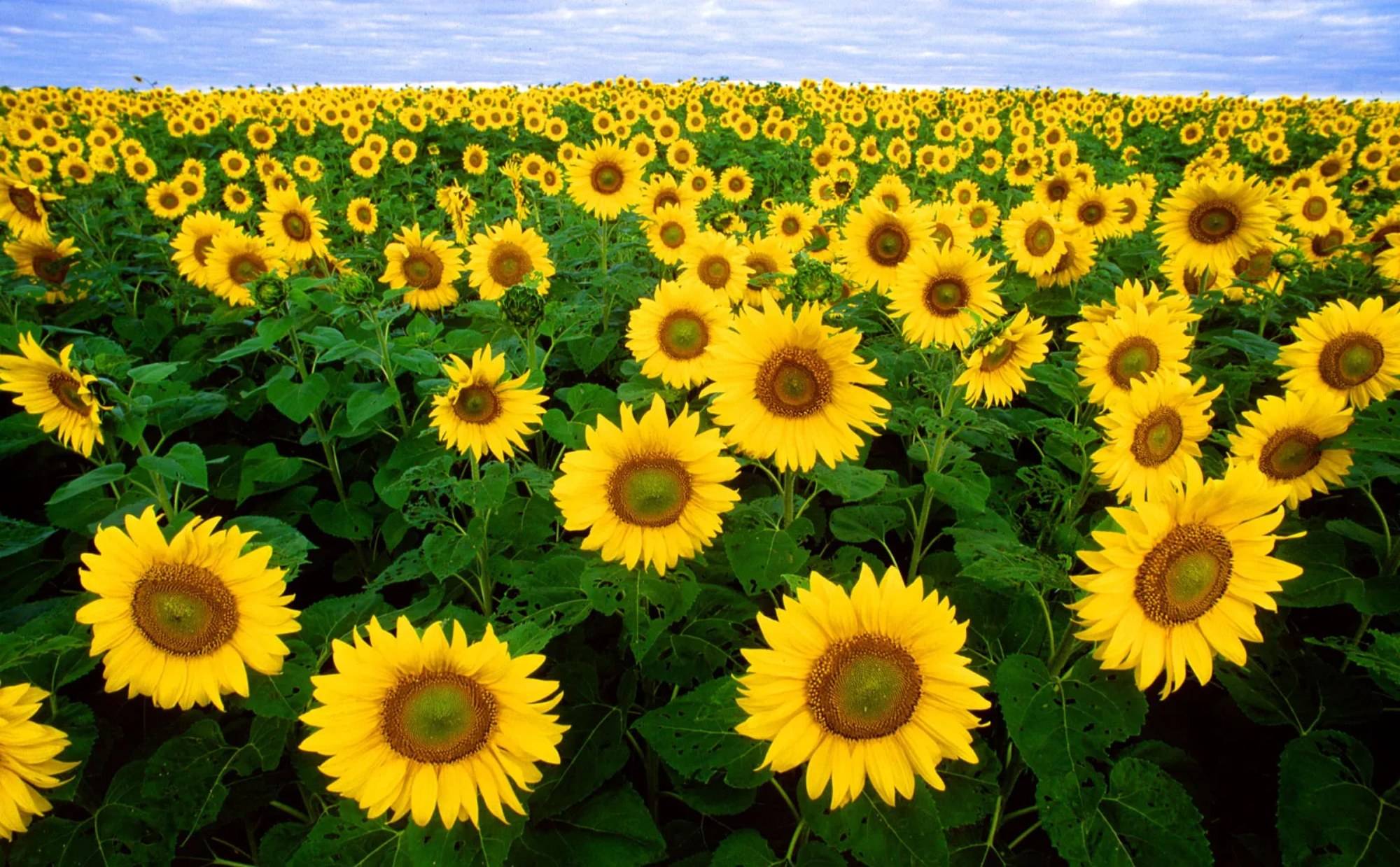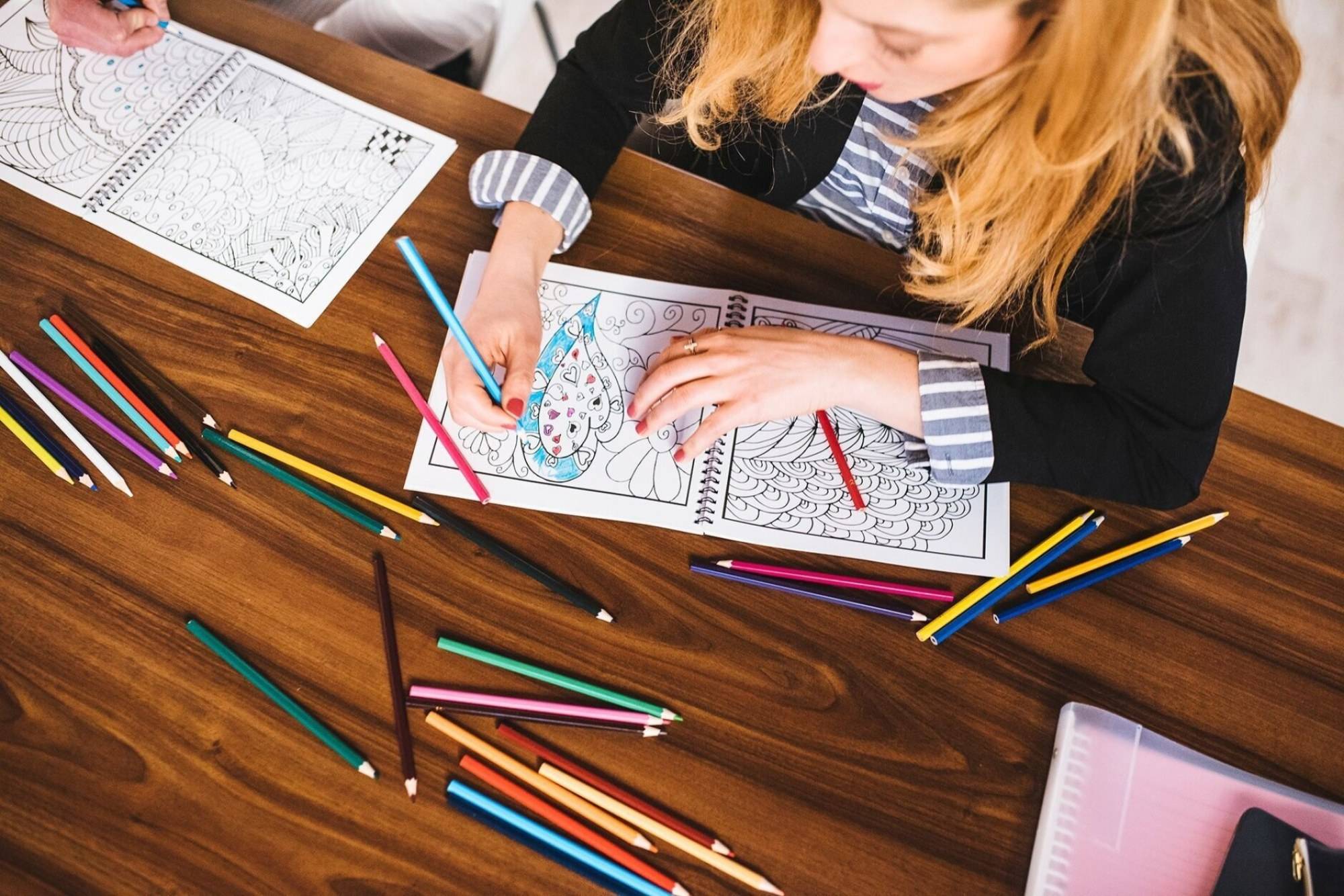Oona Varga spent her childhood winters gliding across the ice at Steinberg Skating Rink in her hometown of St. Louis, and summers cruising on her roller skates through the neighborhood streets.
Read Also: Rebeca Andrade opens up about the challenges of fame on social media
Her passion for skating began when a friend gifted her a secondhand pair of roller skates she found on Craigslist. From the moment she laced them up at age 8, she was hooked.
“I loved the feeling of the wind in my hair when I skated,†she recalled. “It brought me so much joy.â€
But as she entered her early teens, skating gradually faded from her routine. It wasn’t until a few years ago, at 22, that she invested in a new pair of roller skates, this time ones that fit properly. That simple decision reignited her love for skating.
“Back then, I used to imagine I was in an '80s movie while skating,†Varga said. “Now, it brings back memories of my childhood.â€
You might relate — perhaps you’ve thought about a childhood activity you once loved but let go of as you got older. Maybe you dream of playing kickball with the community, hosting a board game night, collecting trinkets, or singing your favourite karaoke tunes.
No matter what it is, there’s a reason you feel drawn to these activities. And you may be surprised by the benefits of bringing more play into your life.
If you’re unsure what to do, you don’t have to pick an old hobby — you could explore something new. Dr. Stuart Brown, a psychiatrist and founder of the National Institute for Play, created a concept called “play personality†to help people find hobbies that align with their natural play style.
Brown identified eight play personalities from interviews with his clients. Many people resonate with more than one, he said.
For those who enjoy taking charge and organizing, you might be a “director,†someone who thrives on planning and executing events. If you enjoy competition, you may embody the “competitor.†Those with bold, larger-than-life personalities could shine as “jokers†who love to entertain or as “storytellers†who bring imagination to life.
Some people are “explorers,†always seeking adventure and new experiences, while others are “kinesthetic†types who find joy in physical activity. If you enjoy collecting rare or fascinating items, you might be a “collector,†while those who love arts and crafts fit the “creator†personality.
Revisiting an old hobby or finding a new one can be more than just a way to pass the time; it can also be an escape from the stresses of daily life. Dr. Ramani Durvasula, a licensed clinical psychologist and professor emerita at California State University, Los Angeles, notes that childhood hobbies often have a calming effect in adulthood, providing a sense of emotional comfort.
A recent study published on February 9 in Frontiers in Psychology found that playful adults are more positive about the future and resilient in the face of challenges. The study surveyed 500 participants during the second wave of the COVID-19 pandemic and found that those who engaged in playful activities experienced greater optimism and coping skills, even amid fears and vulnerabilities.
Brown explains that play activates the limbic system — the part of the brain responsible for emotions and behaviour — encouraging new connections and providing brain nourishment.
Reconnecting with childhood hobbies can benefit people at any stage of life, whether in retirement, coping with job loss, or simply seeking more intentionality in their routine.
Durvasula highlights the emotional depth of these activities because of their nostalgic connection, making them meaningful and fulfilling. As technology has become more central in our lives, many adults have neglected non-digital creative outlets that once brought them joy. However, engaging in activities like origami, bracelet-making, puzzling, pickleball, pottery, or scrapbooking helps nurture a sense of accomplishment and skill.
As you gain confidence in activities like painting or colouring, you may even find yourself taking creative risks in other areas, such as redecorating your home or experimenting with new fashion choices. These playful hobbies can also spark innovation in your career, tapping into your imagination.
Taking the first step into a new hobby can feel intimidating, especially when it’s associated with childhood activities. However, Brown stresses that play should be prioritized as an escape from societal expectations, a chance to have fun and let go of the pressure to be productive.
For those still unsure, starting in the privacy of your home can help alleviate any embarrassment. Durvasula suggests trying a YouTube tutorial for something like ballet before committing to a beginner’s class.
As your confidence grows, you might take classes with friends or join a community of learners. Most importantly, setting realistic expectations is key to keeping the experience enjoyable, Durvasula advises.
“When we approach things as adults, we often aim for perfection,†she said. “But just the act of holding a brush and painting a canvas is special.â€
By focusing on personal enjoyment and avoiding the pressure to perform perfectly or gain social media validation, hobbies stay lighthearted and fulfilling. Embracing the individuality of these activities can help overcome perfectionism.
With increasingly busy schedules, it’s easy to push hobbies aside, but Durvasula offers some strategies to integrate them into daily life. Keep materials for your hobby — like paper or paint — in spaces where you unwind, like the couch where you scroll on your phone or watch TV. Pairing your hobby with something else you enjoy, like listening to music or a podcast, can make it even more rewarding.
To stay motivated, invite others to join you. If you’re a parent or grandparent, sharing your hobby with a child can provide extra bonding time. Schedule your hobby into your routine, just like exercise or meal prep, to ensure you make time for playfulness each day.
Finally, Brown recommends asking yourself every morning, “How am I going to play today?†to keep your day filled with joy and creativity.
Source: CNN



No comments yet
Be the first to share your thoughts!